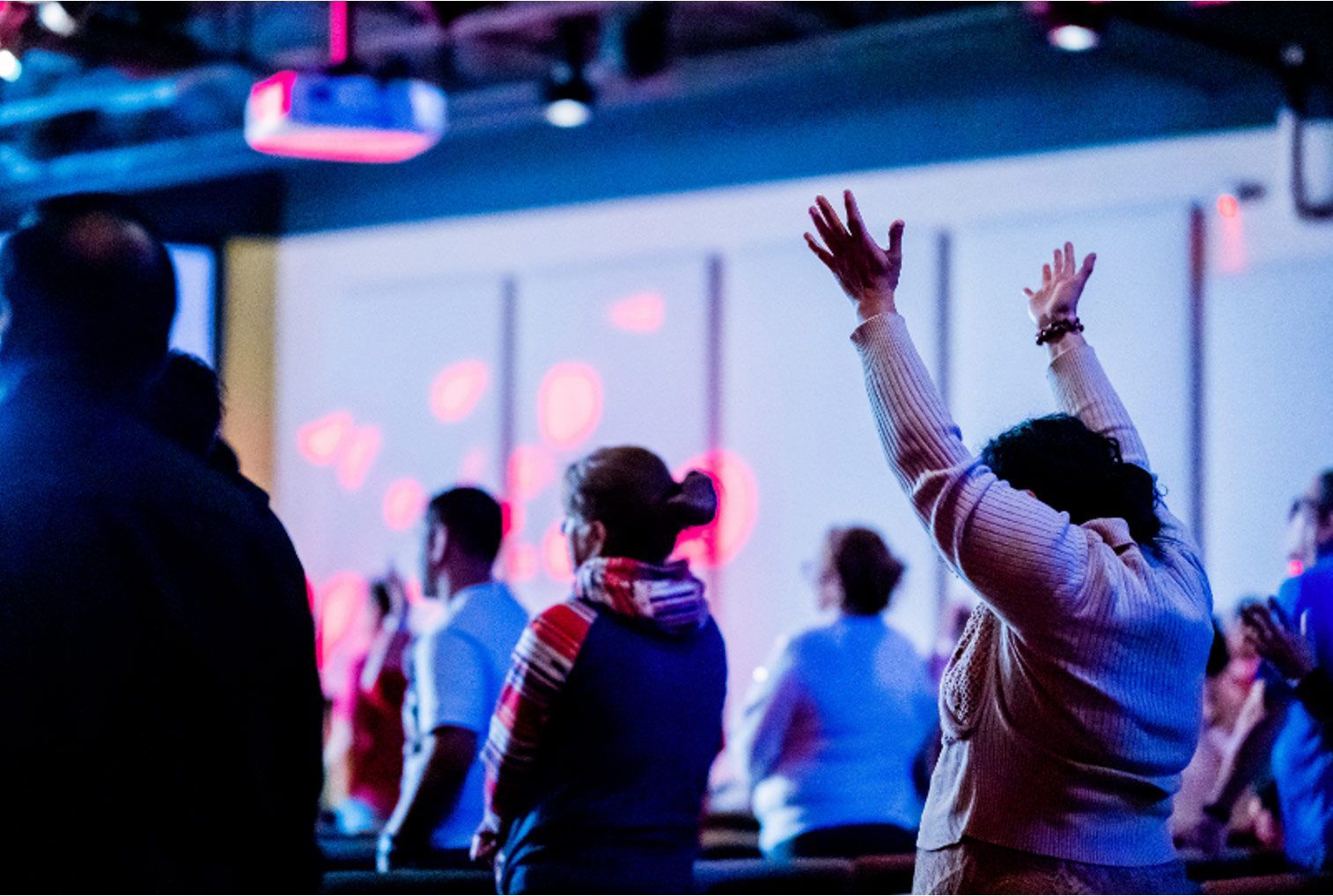
Creating “Home” in Your Host Country
By JG, one of our workers in Eurasia
Home. So much meaning can be felt in this one word. While most of us have heard and believe sayings such as “home is where the heart is,” there are also some elements of security, stability, and familiarity that we long to experience when relocating to a foreign land. We feel this all the more when our lives on the field are often anything but predictable or within our realm of control. We need a place where we can fully be ourselves. A place where we can rest. A blessed place where we can share our hearts with others.
Our family has lived away from the United States for 18 years now, and these are some ways that I have found to create a sense of home when we are away from our homeland:
Routines and traditions
We have found that for our family, it’s been important to keep certain routines and traditions. We eat breakfast together every morning. We pray together before bedtime. We have game nights. We celebrate major holidays from our home country and also important holidays of our host country. Even though my kids aren’t crazy about football, they are always excited to host a Superbowl party each winter because it’s something we do every year. The tradition can be something really easy like eating macaroni and cheese for lunch every Saturday. The importance lies in consistency—something that can be counted on.

Beauty
Our first few years overseas, I think I undervalued this and had a lack of beauty in my life. We lived in a polluted city with grey buildings. I had a baby, and it was harder to get out. At one point, I realized how good it is for my heart to be around beauty. Maybe it was something as simple as walking near a patch of trees, lighting a scented candle, or buying flowers and putting them on the kitchen table. But I realized that being around beauty helped me to feel more at home. I also realized that locals didn’t expect me to have home decor all in their style. It’s interesting for them to see decorations that I’ve brought from my home culture. Some of these items include pictures, cozy blankets, throw pillows, and photo albums. They help a house feel more like home and can also be great connectors and conversation starters with new friends.

Gratitude
A discipline I have found to be powerful in my life is keeping a gratitude journal. I bring the book with me and record blessings (both big and small) as I see them. This really has helped me to have a sense of joy and to see blessings all around me. It is a reminder of God’s nearness, even in the midst of difficult situations.
Praise Music
In the early years of our lives overseas, we were constantly coming up against obstacles, frustrations, and difficulties. Our hearts were constantly heavy, and it felt like there was nothing we could do. One of our friends who had lived overseas for years encouraged us to play praise music in the house. We began this practice and really felt a difference in the atmosphere of our home and hearts.

Conveniences can be good!
It’s often hard to know as an overseas worker which modern conveniences are appropriate to have and which will make you stand out too much from the culture. I remember when we had two little ones, staying up late many nights doing dishes after large groups of guests, with a baby strapped to my back and my legs so sore from standing on the hard floor. I thought that if we got a dishwasher it would seem extravagant to our local friends. But my husband came home one day with a dishwasher, and it was a game changer! It saved so much time and helped me to be happier and more willing to have guests. It turns out that soon after, many local families got dishwashers, too! Some conveniences make it possible for you to spend more time with your family or others. Be prayerful about this decision, and be sure to include this consideration in your decision-making process.

Don’t Skimp on Language Learning
Learning a new language is hard, and it can be even more complicated if you have young children when you arrive on the field. It can be easy to give up or to end the language-learning process before you can interact freely with local people. But don’t skimp on this! Keep working on language learning until you can communicate freely. This truly will help you to feel more at home in your new country.
Rest and Outlets
It can be so easy with the nature of our work to never stop working or serving others. But God made us to need a sabbath. We need time to pull away. Time to rest and rejuvenate. Protect these rest days and protect time with your family. Also, whether it’s through exercise, a hobby, or finding a way to be creative, make sure you have regular outlets in your life.

Abide in Christ
While there are many physical things we can do to create a sense of home in a foreign land, it’s important to remember that this world is not our home. We will never completely be at home until we are at home with Christ. We are not living overseas so we can be comfortable, but we are here to know Him and have Him formed in us. Only by staying close to Jesus will we have the security and belonging that our hearts long for.
Conflicts, culturally-insensitive mistakes, health issues, difficulties with teammates, and other challenges will come unexpectedly and shake our world. But we have a Rock we can count on to uphold us and use us despite our difficulties. It’s best to expect these things, to know these things will happen because we are in a spiritual battle in a fallen world. We have His promise of ultimate restoration of home and relationships when we leave our earthly home for Christ’s sake. Let’s not forget that home is where Christ is.

Above is one SEND worker’s journey and the wisdom she gained along the way as her family created their home in Eurasia. Global workers who follow Jesus have the unique challenge of creating a home that blends elements of their passport country and their host country, a place of both retreat and hospitality. A place that makes sense to a family living as foreigners, as well as to the host community they live amongst. Please pray for global workers as they create “home” in their places of service. May these homes reflect their rootedness in a God in whom they can abide with safety, intimacy, and joy.
Additional Posts




